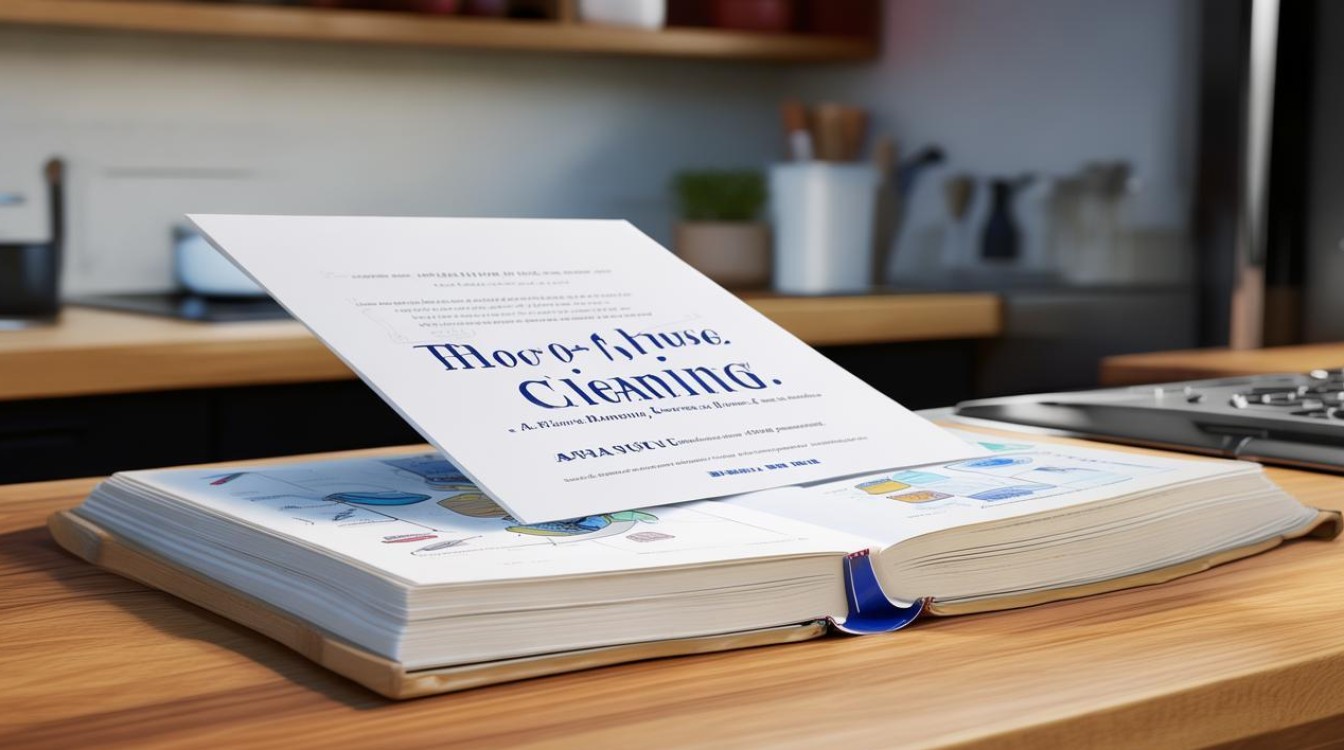Keeping a clean and organized home is essential for maintaining a healthy and comfortable living environment. Whether you are a student, a working professional, or a homemaker, knowing how to efficiently clean your house can save time and reduce stress. This guide will walk you through the best practices for house cleaning while incorporating useful English vocabulary for those looking to improve their language skills.

Why Cleaning Matters
A tidy space promotes mental clarity and physical well-being. Dust, allergens, and clutter can negatively impact health, leading to respiratory issues and increased stress levels. Regular cleaning prevents the buildup of dirt and ensures a pleasant atmosphere for relaxation and productivity.
Essential Cleaning Supplies
Before starting, gather the necessary tools:
- Broom and dustpan – For sweeping floors.
- Mop and bucket – For washing hard surfaces.
- Vacuum cleaner – Ideal for carpets and upholstery.
- Microfiber cloths – Effective for dusting.
- All-purpose cleaner – Suitable for most surfaces.
- Glass cleaner – For mirrors and windows.
- Disinfectant spray – To eliminate germs.
- Rubber gloves – Protect hands from harsh chemicals.
Having these supplies ready ensures a smooth cleaning process.
Step-by-Step Cleaning Process
Declutter First
Begin by removing unnecessary items from surfaces. Put away clothes, books, and miscellaneous objects. A clutter-free space makes deep cleaning easier.
English Tip:
- "Declutter" means to remove unnecessary items.
- "Tidy up" is a common phrase for organizing.
Dust from Top to Bottom
Start with higher surfaces like shelves, ceiling fans, and light fixtures. Dust tends to settle downward, so cleaning from the top prevents recontamination.

English Tip:
- "Dusting" refers to removing dust.
- "Wipe down" means to clean a surface with a cloth.
Clean Windows and Mirrors
Use a glass cleaner and a lint-free cloth for streak-free results. Spray the cleaner directly onto the cloth rather than the glass to avoid excess liquid.
English Tip:
- "Streak-free" means no visible marks.
- "Polish" can mean to make something shiny.
Vacuum and Mop Floors
Sweep or vacuum to remove loose dirt before mopping. For hardwood floors, use a damp mop, while tile floors may require a stronger cleaner.
English Tip:
- "Sweep" means to clean with a broom.
- "Mop" refers to washing floors with a wet cloth or sponge.
Disinfect High-Touch Areas
Doorknobs, light switches, and countertops harbor germs. Use a disinfectant spray or wipes to sanitize these spots.

English Tip:
- "Sanitize" means to clean thoroughly.
- "High-touch" refers to frequently handled objects.
Organize Storage Spaces
Closets, drawers, and cabinets should be neat. Fold clothes properly, stack dishes securely, and discard expired items from the pantry.
English Tip:
- "Neaten up" is another way to say organize.
- "Discard" means to throw away.
Maintaining a Cleaning Routine
Consistency is key. A weekly schedule prevents overwhelming messes. Here’s a simple plan:
- Daily: Wipe kitchen counters, do dishes, and make the bed.
- Weekly: Vacuum, mop, and clean bathrooms.
- Monthly: Deep clean appliances and wash curtains.
English Tip:
- "Routine" refers to a regular habit.
- "Upkeep" means maintaining cleanliness.
Common Cleaning Mistakes to Avoid
- Using too much product – Excess cleaner leaves residue.
- Ignoring hidden spots – Under furniture and behind appliances collect dust.
- Skipping drying time – Wet surfaces attract more dirt.
Eco-Friendly Cleaning Alternatives
For a sustainable approach, try natural solutions:

- Vinegar and water – Great for glass and countertops.
- Baking soda – Effective for scrubbing sinks.
- Lemon juice – Removes stains and adds freshness.
English Tip:
- "Eco-friendly" means environmentally safe.
- "Sustainable" refers to practices that reduce waste.
The Psychological Benefits of a Clean Home
A well-kept space reduces anxiety and improves focus. Studies show that people who live in clean environments experience better sleep and higher productivity.
Cleaning is not just a chore—it’s a way to create a peaceful and inviting home. By following these steps, anyone can maintain a spotless living space while expanding their English vocabulary.
A clean house reflects a clear mind. Making small efforts daily ensures a comfortable and healthy lifestyle without the need for drastic deep-cleaning sessions.

